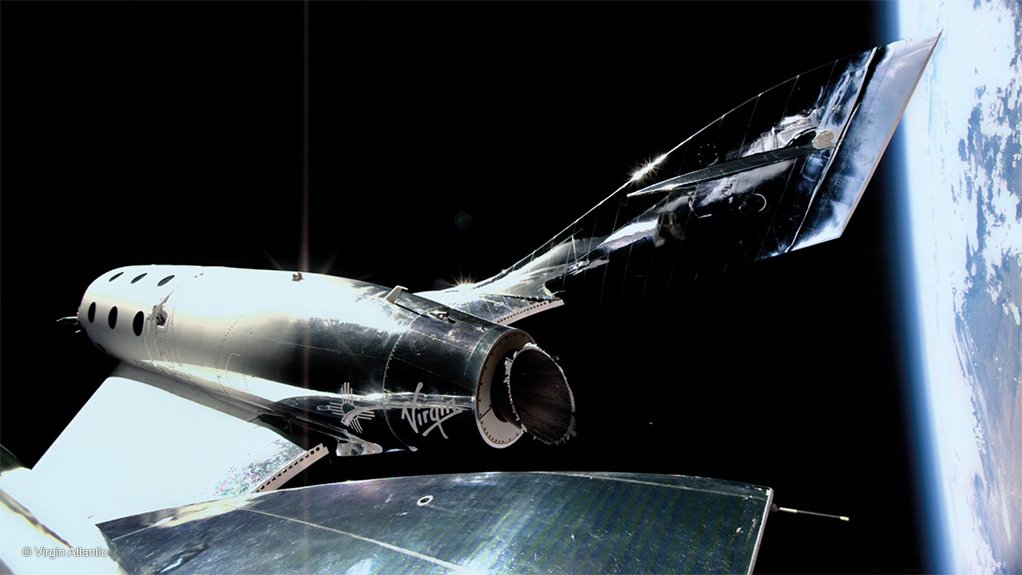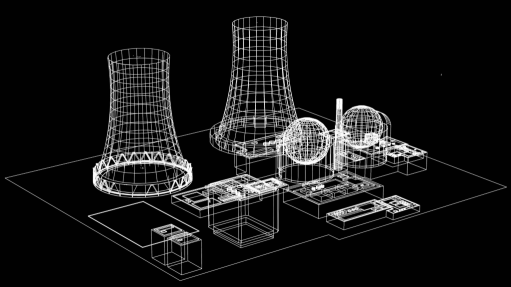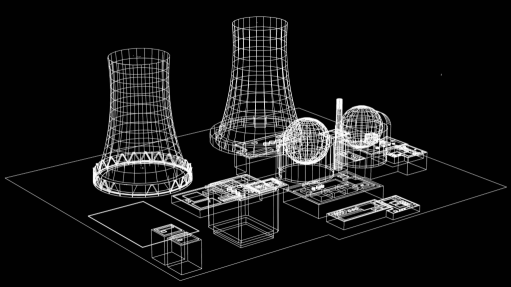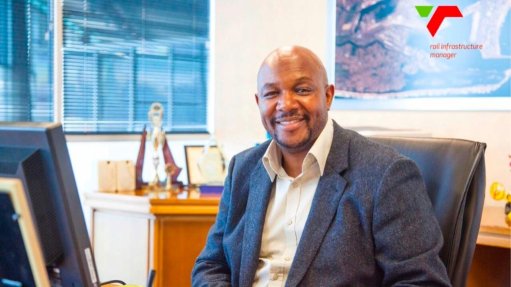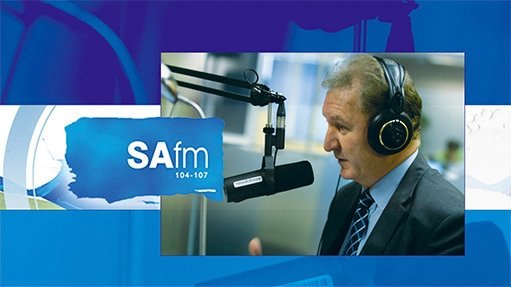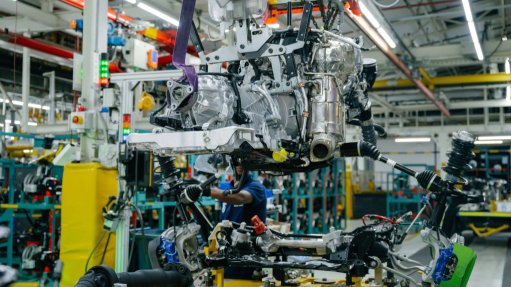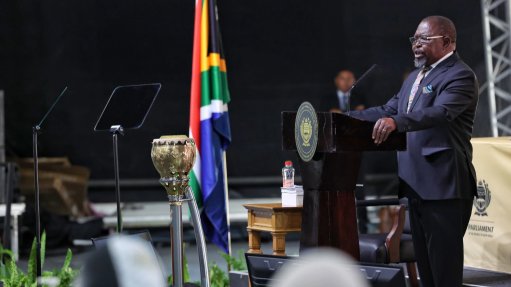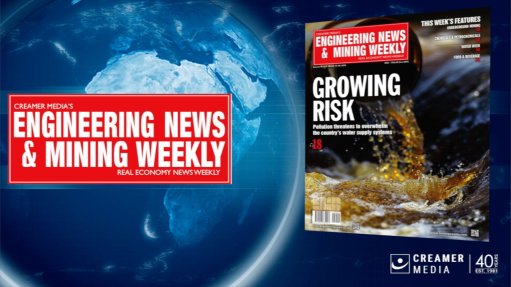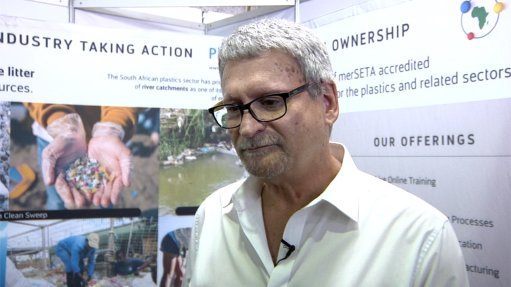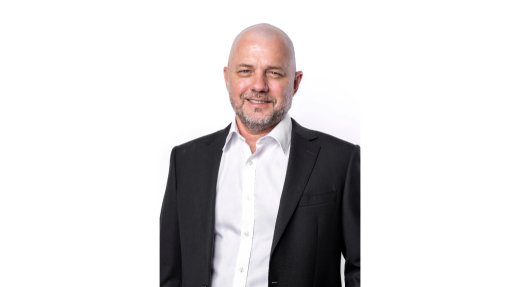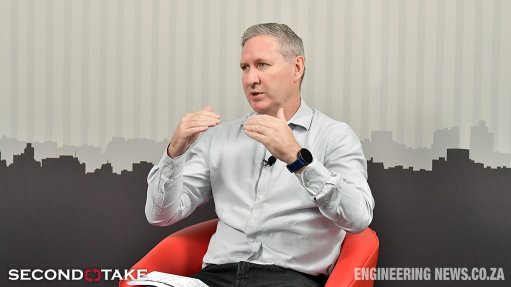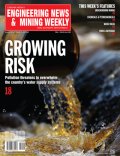Virgin Galactic reports successful final test flight for its suborbital spaceplane
US-based suborbital space launch services and tourism company Virgin Galactic (not to be confused with the separate and now bankrupt enterprise Virgin Orbit) has reported that it executed a successful crewed test flight of its SpaceShipTwo suborbital spacecraft on Thursday.
The test flight was undertaken from Spaceport America, in the US State of New Mexico, which is Virgin Galactic’s operational base.
This was the company’s first test flight in nearly two years, and was coded “Unity 25”. The SpaceShipTwo is a rocket-powered spaceplane, of which only two were built, the first being lost in a fatal accident in 2014. The second, which is named VSS Unity, had previously made four successful test flights (plus one flight that had to be aborted) before Thursday’s mission. The spaceplane is carried aloft on a specially-designed and built carrier aircraft, or “Mothership”, with the type designation WhiteKnightTwo and named VMS Eve.
For this latest test flight, VMS Eve was flown by aircraft commander Jameel Janjua and pilot Nicola Pecile (from Italy, hence his name is masculine, not feminine). The crew of the VSS Unity was composed of spacecraft commander Mike Masucci, pilot CJ Sturckow, Chief astronaut instructor Beth Moses, astronaut instructor Luke Mays, mission specialist Christopher Huie and mission specialist Jamila Gilbert. Moses, Mays, Huie and Gilbert flew on the flight to test the passenger experience. It was the first flight into space for Mays, Huie and Gilbert.
“The ‘Unity 25’ mission was a fantastic achievement for everyone at Virgin Galactic,” enthused company CEO Michael Colglazier. “Witnessing our inspiring crew’s pure joy upon landing, I have complete confidence in the unique astronaut experience we have built for our customers. Our teams now begin post-flight analysis as well as preparation for ‘Galactic 01’, our commercial research mission, planned for late June.”
The mission served as a final assessment for both the Mothership and the spaceplane, as well as the evaluation of the company’s ‘end-to-end’ astronaut training programme. VMS Eve released the VSS Unity at an altitude of 44 500 ft (about 13 564 m); igniting its rocket motor, the spaceplane soared to an apogee (maximum point above the Earth’s surface) of 54.2 miles (some 87.23 km). It achieved a maximum speed of Mach 2.94 (that is, nearly three times the speed of sound). The total mission, from the take-off of the Mothership to the spaceplane’s landing, was 82 minutes.
On social media, the company stated that “[o]ur team will complete inspections of the vehicles & review data in the coming weeks. We’ll begin commercial service with the ‘Galactic 01’ mission.”
Galactic 01 is scheduled to be the company’s next, and first commercial, flight. It will be a research flight for the Italian Air Force, not a tourist flight. Virgin Galactic is seeking to serve both the research and tourism markets.
Comments
Press Office
Announcements
What's On
Subscribe to improve your user experience...
Option 1 (equivalent of R125 a month):
Receive a weekly copy of Creamer Media's Engineering News & Mining Weekly magazine
(print copy for those in South Africa and e-magazine for those outside of South Africa)
Receive daily email newsletters
Access to full search results
Access archive of magazine back copies
Access to Projects in Progress
Access to ONE Research Report of your choice in PDF format
Option 2 (equivalent of R375 a month):
All benefits from Option 1
PLUS
Access to Creamer Media's Research Channel Africa for ALL Research Reports, in PDF format, on various industrial and mining sectors
including Electricity; Water; Energy Transition; Hydrogen; Roads, Rail and Ports; Coal; Gold; Platinum; Battery Metals; etc.
Already a subscriber?
Forgotten your password?
Receive weekly copy of Creamer Media's Engineering News & Mining Weekly magazine (print copy for those in South Africa and e-magazine for those outside of South Africa)
➕
Recieve daily email newsletters
➕
Access to full search results
➕
Access archive of magazine back copies
➕
Access to Projects in Progress
➕
Access to ONE Research Report of your choice in PDF format
RESEARCH CHANNEL AFRICA
R4500 (equivalent of R375 a month)
SUBSCRIBEAll benefits from Option 1
➕
Access to Creamer Media's Research Channel Africa for ALL Research Reports on various industrial and mining sectors, in PDF format, including on:
Electricity
➕
Water
➕
Energy Transition
➕
Hydrogen
➕
Roads, Rail and Ports
➕
Coal
➕
Gold
➕
Platinum
➕
Battery Metals
➕
etc.
Receive all benefits from Option 1 or Option 2 delivered to numerous people at your company
➕
Multiple User names and Passwords for simultaneous log-ins
➕
Intranet integration access to all in your organisation



